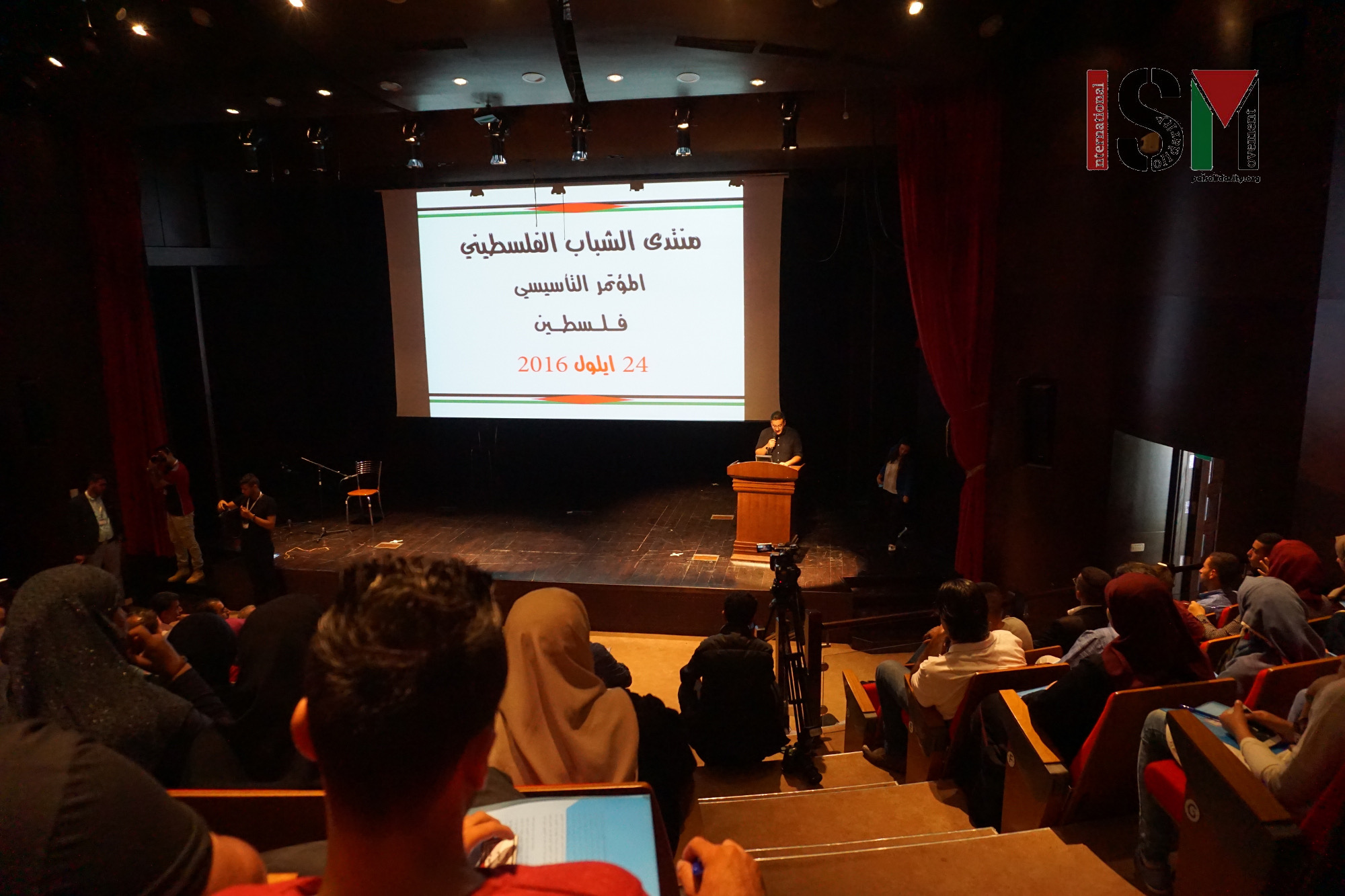Category: Features
-
Remembering Muhammad al-Durrah and the stolen dreams of Palestine
29th September 2016 | International Solidarity Movement, al-Khalil team | Gaza, occupied Palestine Mere days ago, on the 22nd of September, the city of occupied al-Khalil (Hebron) remembered and mourned the murder of 18 year old Hadeel al-Hashlamoun, another Palestinian youth executed in cold blood by Israeli forces outside the Shuhada Street checkpoint one year…
-
Reduced to a number – robbing Palestinians of their humanity
25th September 2016 | International Solidarity Movement, al-Khalil team | Hebron, occupied Palestine Palestinians in the closed military zone in occupied al-Khalil (Hebron) are reduced to a mere number. Imagine ‘loosing’ your identity to a foreign occupying army not only taking your land, but attempting to take your personality, your identity, your whole existence; reducing…
-
Hundreds inspired at the launching of the Palestinian Youth Forum
25th of September 2016 | International Solidarity Movement, Ramallah Team | Ramallah, occupied Palestine On Saturday 24th of September, over 250 Palestinians from across the West Bank and East Jerusalem gathered in Ramallah for the starting conference of the Palestinian Youth Forum. This launch marks a new moment for this youth-led movement to form a…


